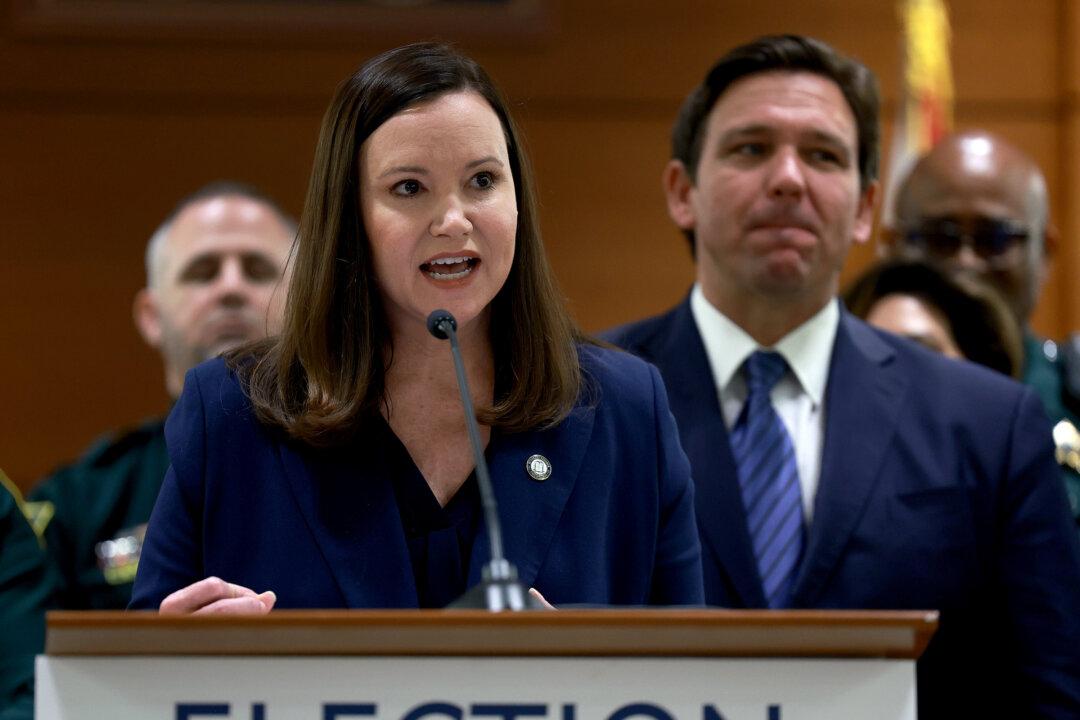Florida has asked the Supreme Court to allow its law regulating drag shows to be enforced.
Drag shows have become an important issue across the country as the transgender movement presses for public and legal acceptance.

Florida has asked the Supreme Court to allow its law regulating drag shows to be enforced.
Drag shows have become an important issue across the country as the transgender movement presses for public and legal acceptance.